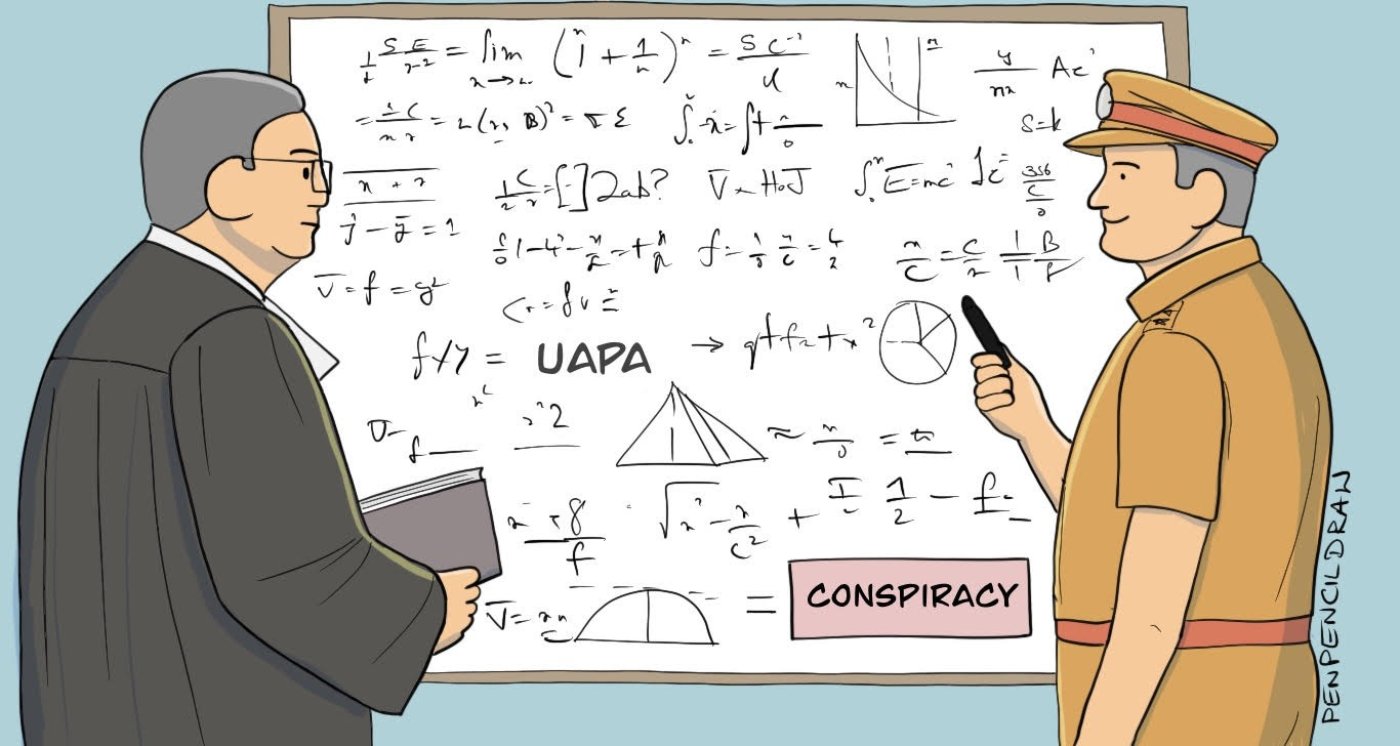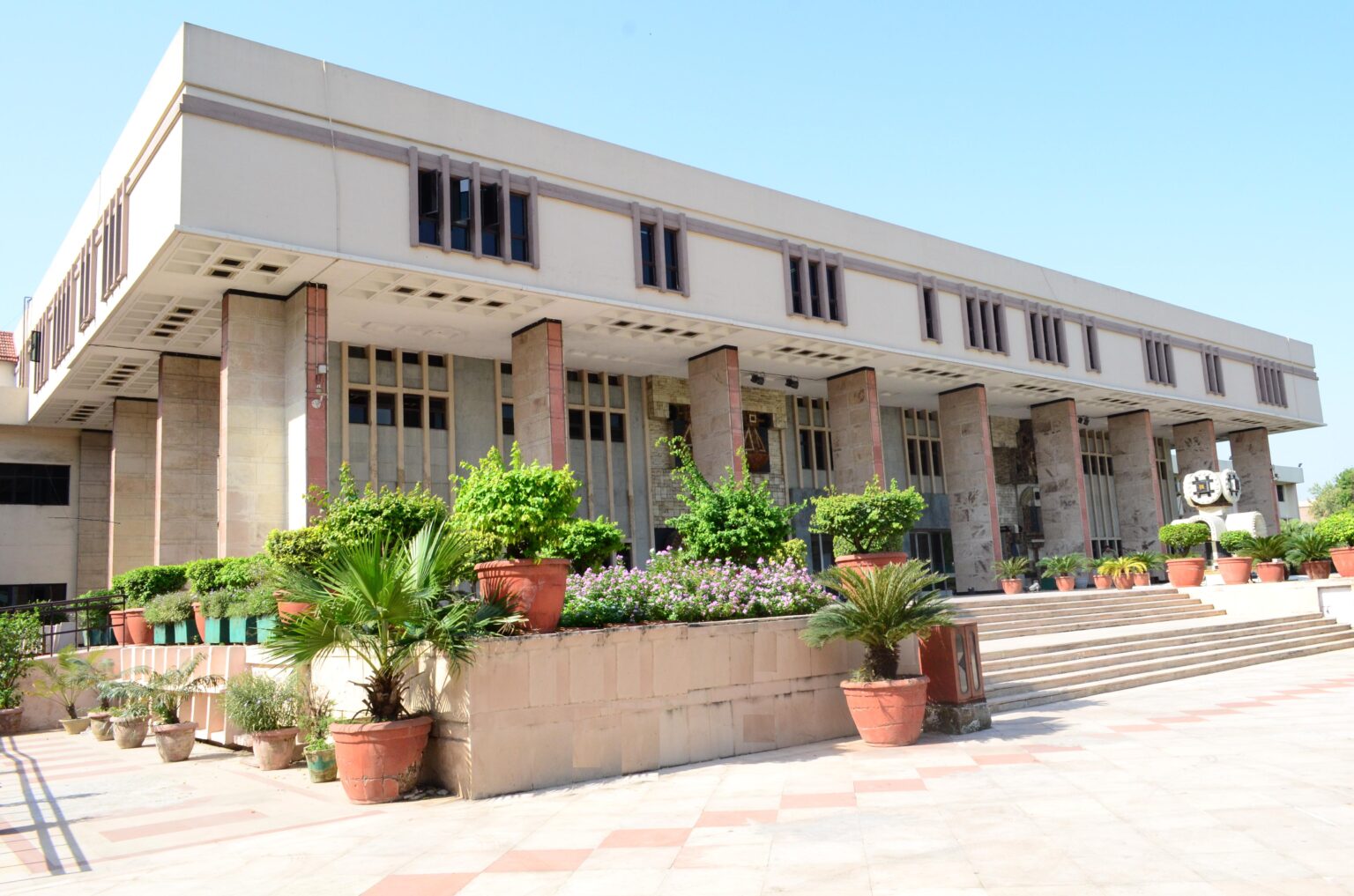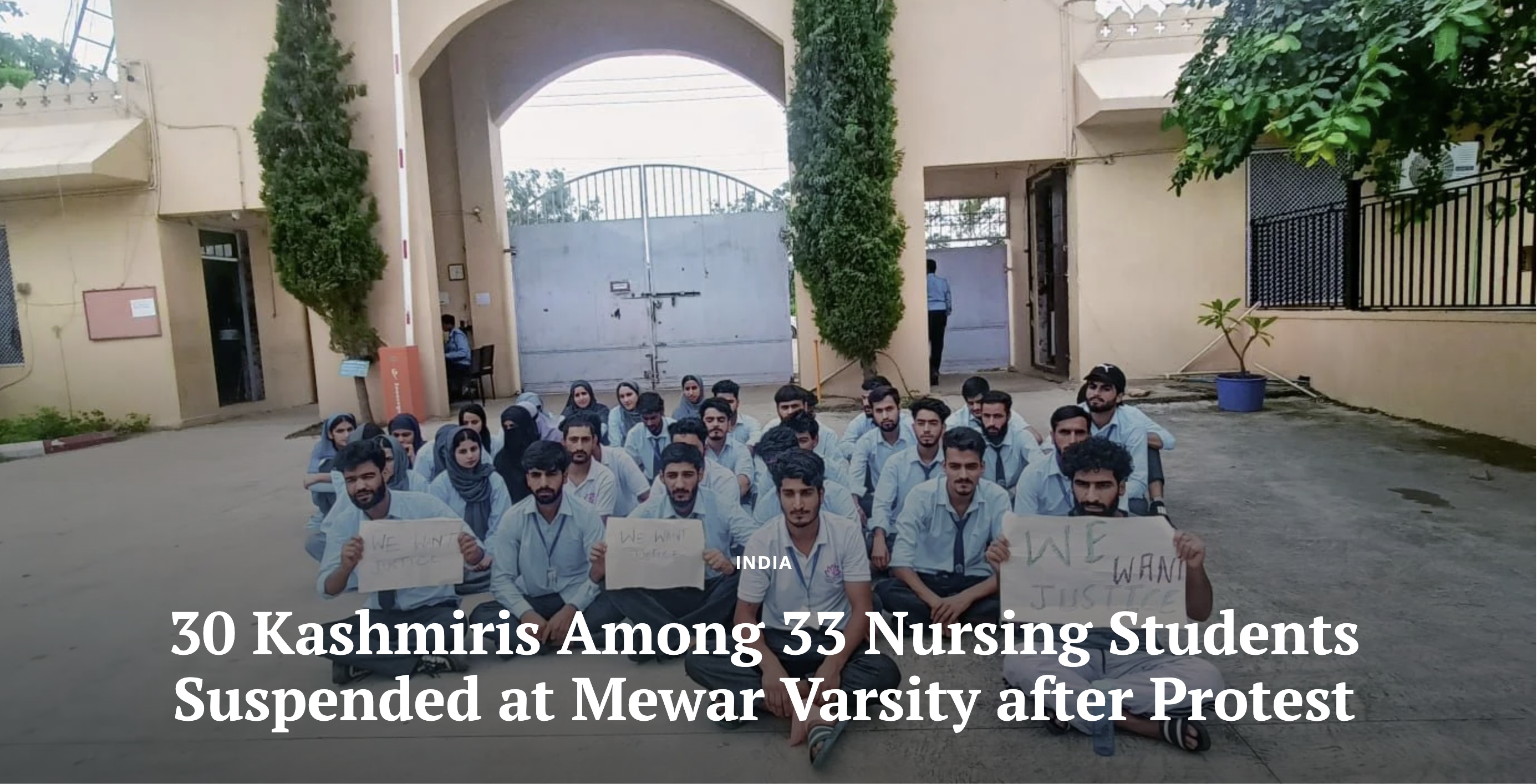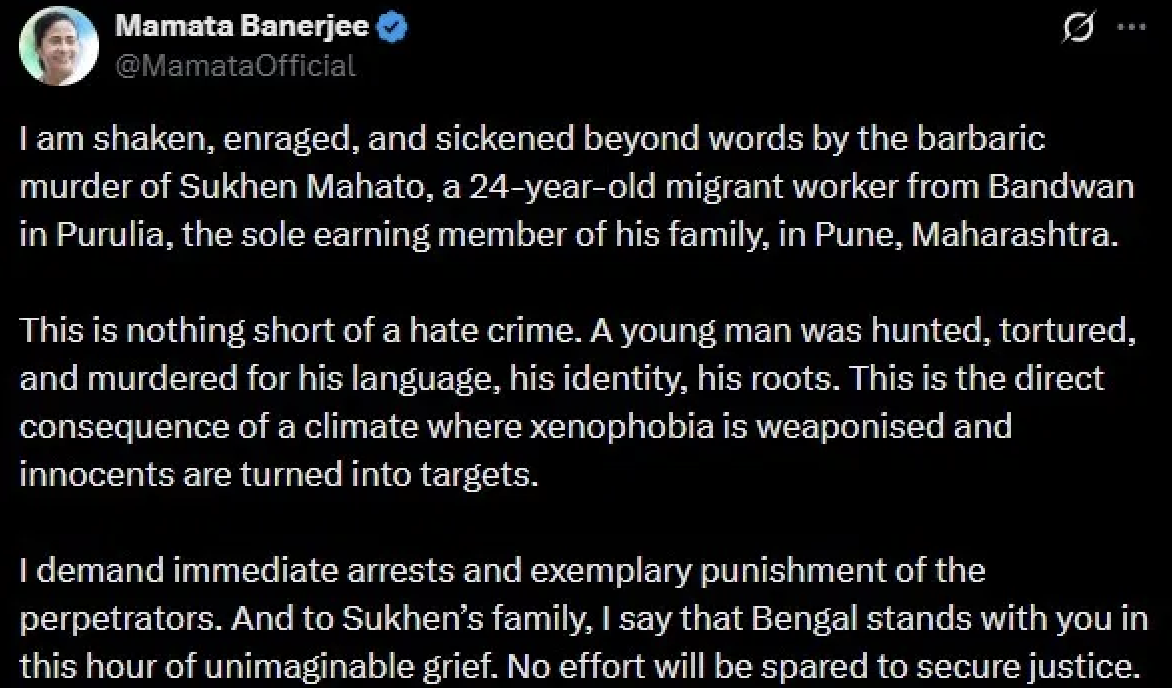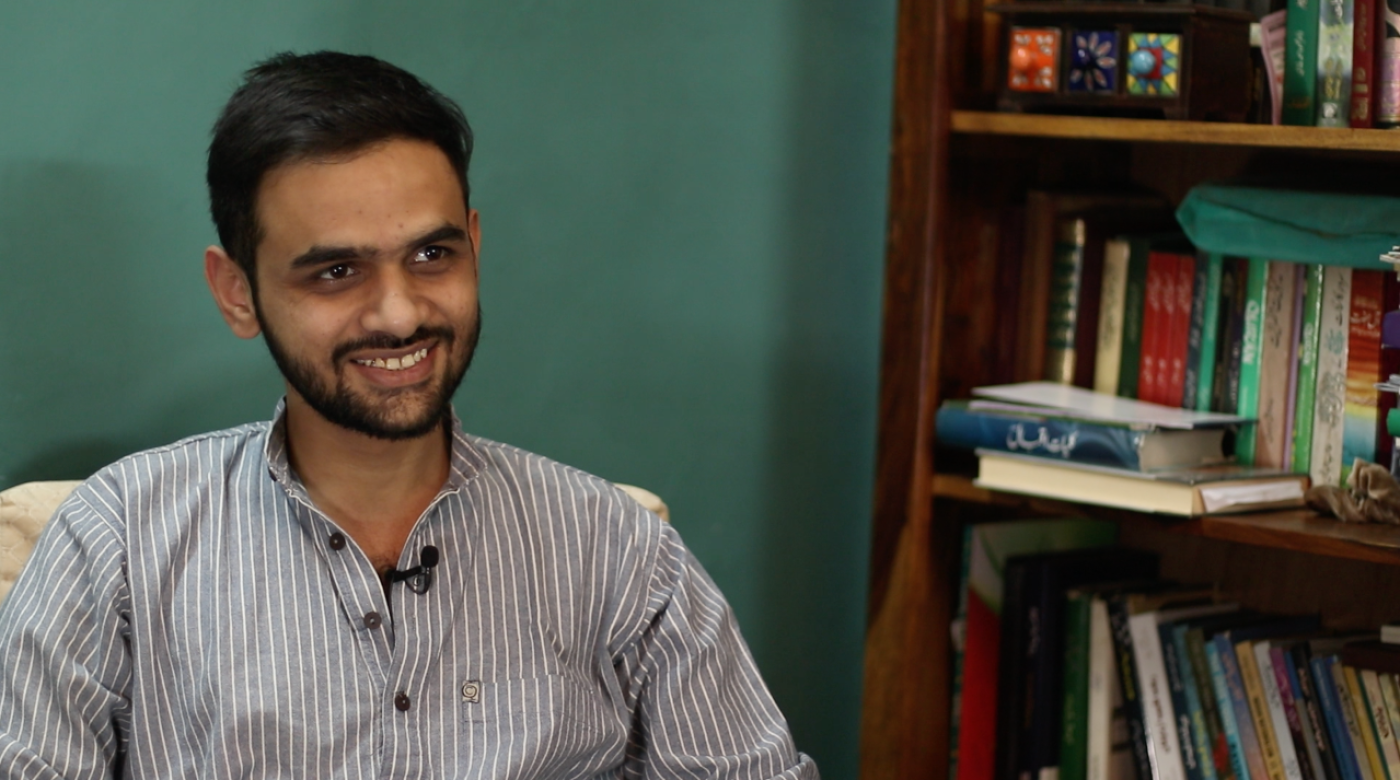
By Betwa Sharma
New Delhi: When political activist Umar Khalid appears before the Supreme Court on 19 September 2025 seeking bail, his fate will be shaped by Justice Aravind Kumar—the judge whose “jail, not bail” interpretation of India’s anti-terror law directly informed the Delhi High Court’s latest denial of bail for Khalid and other accused.
Justice Kumar, now heading the two-judge Supreme Court bench with Justice N V Anjaria, authored the 2024 ruling in Gurwinder Singh vs State of Punjab. This judgment declared that conventional bail principles—“bail is the rule, jail is the exception”—do not apply to the Unlawful Activities Prevention Act (UAPA).
Citing section 43(D)5, Justice Kumar concluded that jail is the default under UAPA unless a limited review finds the evidence against the accused to be weak.
He wrote: “The conventional idea in bail jurisprudence vis-a-vis ordinary penal offences that the discretion of courts must tilt in favour of the oft-quoted phrase– ‘bail is the rule, jail is the exception’—unless circumstances justify otherwise—does not find any place while dealing with bail applications under UAPA Act.” Delays in trial, the judgment stated, cannot alone justify bail.
The Delhi High Court’s 2 September 2025 order denying bail to Khalid, Sharjeel Imam, Gulfisha Fatima, and Meeran Haider explicitly referenced Gurwinder Singh and NIA vs Zahoor Ahmad Shah Watali, which bars bail under section 43D(5) if allegations appear prima facie credible.
Judges Navin Chawla and Shalinder Kaur said, “the grant of bail on the sole ground of long incarceration and delay in trial is not a universally applicable rule in all cases.”
Khalid and 17 others are accused in the “larger conspiracy case,” which the police say concerns the 2020 northeast Delhi riots during the Citizenship Amendment Act protests, which left 53 people dead—most of them Muslim.
Ten of them were denied bail this month
This story was originally published in article-14.com. Read the full story here.


